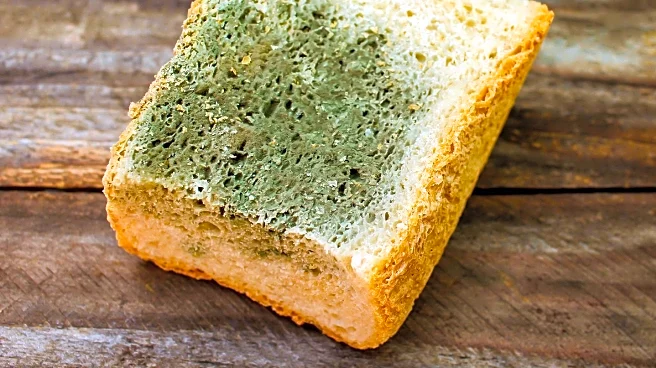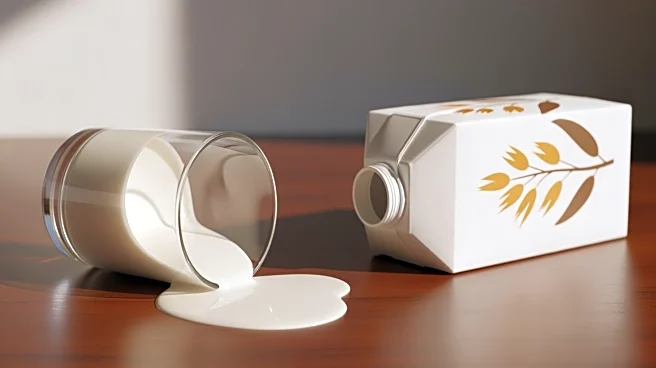What's Happening?
A toxicologist from Colorado State University explains the differences in food spoilage, highlighting why moldy cheese can often be salvaged while spoiled meat should be discarded. Mold on cheese, particularly hard varieties, can be cut away safely, whereas
meat spoilage involves bacterial growth that can produce harmful toxins. These toxins, such as those from E. coli and Salmonella, can cause severe health issues. The article emphasizes the importance of understanding the types of spoilage and the risks associated with consuming contaminated foods.
Why It's Important?
Understanding food safety is crucial for public health, as improper handling of spoiled foods can lead to serious illnesses. The insights provided by the toxicologist help consumers make informed decisions about food consumption, potentially reducing the risk of foodborne diseases. This knowledge is particularly relevant in the context of reducing food waste while ensuring safety, as consumers often face dilemmas about whether to discard or salvage food items.
Beyond the Headlines
The discussion on food spoilage also touches on broader issues of food security and sustainability. By educating the public on safe food practices, there is potential to reduce food waste and improve health outcomes. Additionally, the article highlights the need for continued research and public awareness campaigns to address misconceptions about food safety.















